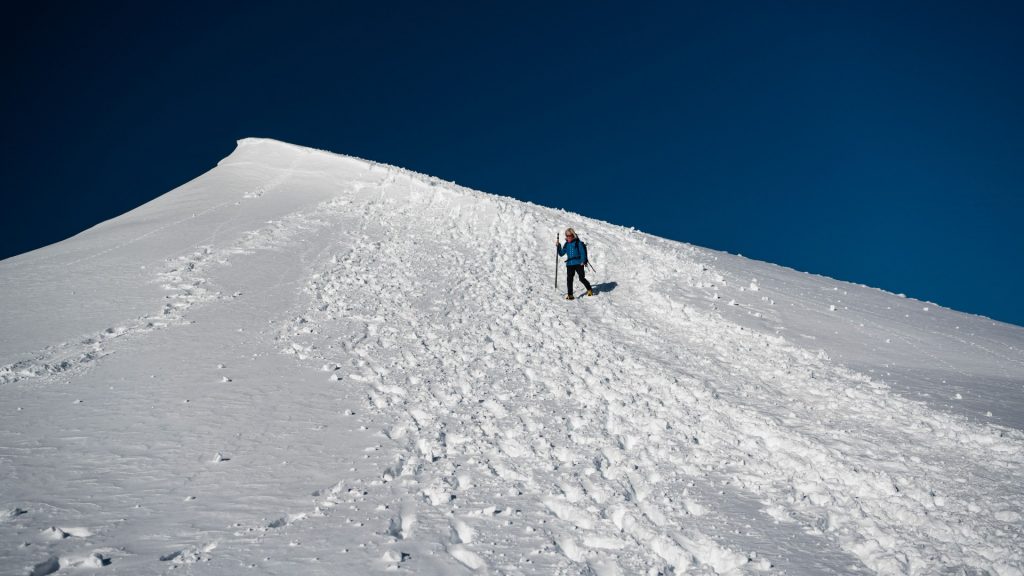Kebnekaise’s southern peak has not shrunk any further this year

- Sweden’s highest mountain Kebnekaise’s southern peak has not shrunk further over the last year, scientists say.
- The southern peak had previously been Sweden’s highest point, but following melting of the glacier on its top in 2019 due to global warming, it shrank, meaning the mountain’s north peak became Sweden’s highest point instead.
- “I think the explanation is that it was quite a cold summer up here in the Kebnekaise Mountains and at the Tarfala research station so it has not melted away so much” says Nina Kirchner, director at Tarfala research center.
Radio Sweden
For more on Sweden’s highest mountain southern peak, listen to Radio Sweden’s full report.
Related stories from around the North:
Canada: How the North is doing when it comes to Canada’s climate targets, CBC News
Finland: Can climate adaptation be culturally sustainable in the Arctic?, Eye on the Arctic
Russia: Russian climate report stresses adaptation but no reduction in fossil fuel extraction, The Independent Barents Observer
Sweden: 2018 drought took toll on Swedish farmers’ mental and fiscal health, research says, Radio Sweden
United States: Bering Sea region focus of recent papers on climate risk to northern communities, Eye on the Arctic



